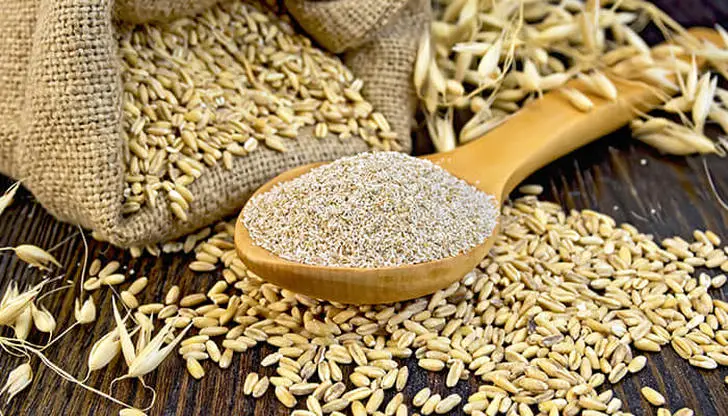What Foods Should Be Avoided with Hypothyroidism?
Advertisement

Hypothyroidism is also called underactive thyroid, which is an endocrine disorder that occurs when a person produces insufficient amounts of thyroid hormone to meet body’s needs. It is also an autoimmune thyroid disease. It can slow down the body’s metabolism and cause many other discomfortable symptoms.
According to scientific researches, it will surely have great relationship between foods and disease. Therefore, people had better learn about what specific foods to eat and avoid hypothyroidism. Maybe we can’t provide specific one-size-fits-all foods or diets for hypothyroidism patients, but avoiding some foods below might help patients feel better.
Is Soy Foods Bad for You, or Good?

The disadvantages outweigh the benefits for people who have hypothyroidism. Why? That is because soy foods contain a lot of plant estrogens, which may block iodine uptake and interfere with the absorption of thyroid medication and how the body produces thyroid hormones. According to a new research in US, a person with regularly consuming a soy-heavy may have bad effects on the thyroid hormone. So some soy foods, including tofu, soy milk, edamame, miso, and soy sauce should be avoided or limited.
Can cruciferous vegetables be eaten a lot?

Except for cruciferous vegetables, how about peaches, pears, or some cooked food with adequate iodine? All the above listed foods need to be limited its intake amount. There are some reasons: All these foods may inhibit the activity of enzymes that help in the production of thyroid hormones which contains a substance called goitrogens. All these foods can be taken if you consumed safely within limited amounts. A regular amounts are beneficial for overall health. You need to take special attention on cooked vegetables because most of them may deactivate the goitrogenic compounds. Limit foods that contain goitrogens typically including: collards, brussels sprouts, Russian kale, broccoli, broccoli rabe, cauliflower, cabbage, collard greens. Limit fruits such as peaches, pears, plums, raspberries, and strawberries.
Sugar Foods Make Me Crazy, How Should I Do?

That is really a hard question for people who are addicted with sugar foods. They cannot help themselves eating them in the most of time. Those foods contain so much extra fat exceeding our body needs and a lot of calories with no nutrients. It may cause overweight. Losing control on your weight will significantly affect your thyroid hormone that controls how the body uses and stores energy. So it's best to decrease the amount of sugar you eat or try to eliminate it completely from your diet.
How About New Orleans Roasted Wing?

It is the most common food for people, whether you are a student or teacher, younger or elder, girl or boy. In our daily life, these processed foods are highly appreciated by us, because of its tastes and easier intake. However, the processed foods tend to have a lot of sodium, and people with hypothyroidism should avoid sodium which may cause high blood pressure. Also, they contain a lot of saturated fats, which may increase the risk of developing diabetes, obesity, or heart disease. Avoid or limit highly processed foods, such as breakfast cereals, cheese, tinned vegetables, bread, savoury snacks, such as crisps, sausage rolls, pies and pasties. Meat products, such as bacon, sausage, ham, salami and paté microwave meals or ready meals, cakes and biscuits.
Are you familiar with Gluten-free food?

If are always in losing weight, you maybe eat it everyday. Although there is no obvious evidence whether gluten-free diets are helpful for thyroid disease, it is better to limit or eliminate gluten, especially, when you have also been diagnosed with celiac disease. Actually gluten is a protein naturally found in some grains including wheat, barley, and rye. It acts as a binder, holding food together and adding a “stretchy” quality. It is just like a pizza maker tossing and stretching out a ball of dough. Without gluten, the dough would rip easily.
All in all, as for what to eat, some research suggests that plant-based diets are good options for people who have thyroid disorders. Other researches show hypothyroidism patients had better take thyroid medication before four to five hours of diet.



